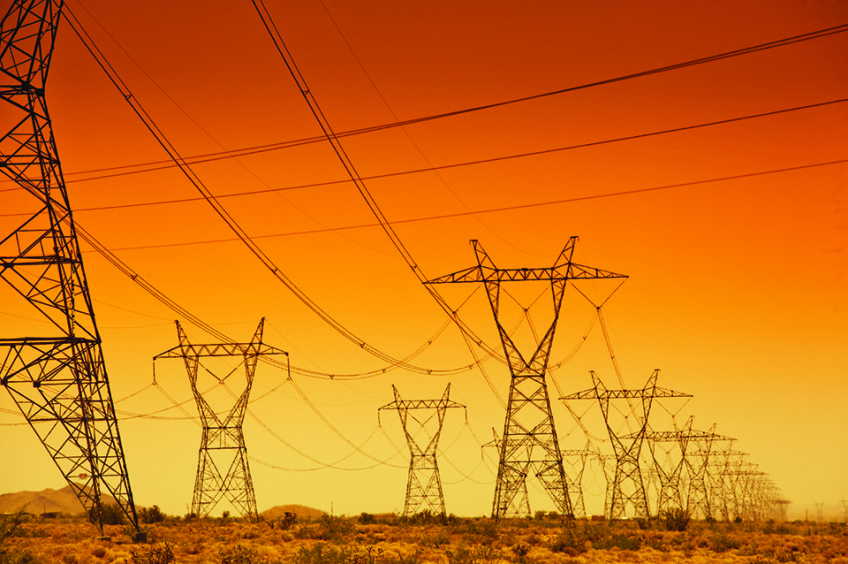Taxes Threaten Affordable Energy
Since 2013, new processes for extracting natural gas revealed a bountiful resource that burned cleaner, cheaper, and more efficiently than many alternatives. The natural gas boom has created thousands of jobs every year, yet some in West Virginia and Pennsylvania itch to raise severance taxes on this resource and endanger economic growth.
Severance taxes are levied by states on the extraction of natural resources. Almost every state has severance taxes on geologically abundant goods like oil, minerals, natural gas and coal. Severance taxes are typically a percentage of the value of extracted materials or flat rate per volume, meant to compensate the state for infrastructure and environmental maintenance. Since most states with severance taxes deposit the vast majority of revenue into a fungible general fund, it is uncertain at best whether severance taxes actually accomplish their goal.
The natural gas boom has been especially kind to West Virginia and Pennsylvania, yet some are looking to increase severance taxes. West Virginia already levies a tax of 5 percent of the value produced. Pennsylvania doesn’t currently levy a severance tax, but does collect an “impact fee” assessed based upon the market price of natural gas and age of the well. The impact fee raises a substantial amount of revenue with Pennsylvania collecting more than $200 million last year in impact fee assessments. Raising severance taxes will increase electricity rates for consumers, including energy-intensive manufacturing enterprises, and artificially hike extraction costs for producers. Manufacturers and gas producers will be incentivized to seek more competitive environments that have lower severance tax burdens, such as Ohio with a natural gas severance tax rate of $0.025 per thousand cubic feet.
Raising severance taxes translates to higher electricity rates, as utilities that pay for natural gas pass fuel costs onto consumers. Through their agreements with state public utility commissions, utilities are allowed to recover 100 percent of operating costs through electricity rates. If operating costs increase due to higher prices from a new tax, ratepayers will bear 100 percent of any increase. These effects are not limited to West Virginia, as natural gas is the leading source of electricity generation nationwide. Excessive severance taxes will cause millions of Americans to face higher electricity rates
Raising severance taxes will make West Virginia and Pennsylvania less competitive for natural gas extraction. Marcellus shale is one of the largest plays in the country and spans four states with much of the production occurring in the northern West Virginia panhandle; a narrow flagpole of land surrounded by Ohio and Pennsylvania only 4 miles wide in some parts. The northern panhandle is also well-serviced by transmission pipelines, meaning that, not only is supply prevalent on any side of the West Virginia state line, but there is a dense infrastructure network to sell extracted natural gas.
West Virginia and Pennsylvania need new jobs and economic revitalization. The American Legislative Exchange Council’s annual report Rich States, Poor States details economic competitiveness. In the 2018 edition, West Virginia and Pennsylvania’s economies performed 40th and 35th out of the 50 states, respectively. Increasing taxes on natural gas extraction will only serve to make West Virginia and Pennsylvania’s economies less competitive compared to other states.
The incredible growth in natural gas production and transmission line construction is a bright future for states looking for new opportunities. The proposed Atlantic Coast and Mountain Valley pipelines indicate that natural gas will be a reliable feature of West Virginia and Pennsylvania’s economies for years to come. Instead of seeing natural gas as a cash cow for state coffers, it should be seen as a generator of new businesses, new jobs, new investment and a more affordable supply of industrial electricity that can turn West Virginia and Pennsylvania’s economies around.

